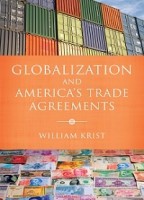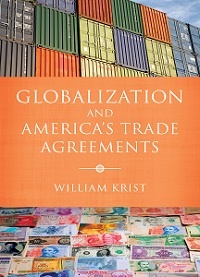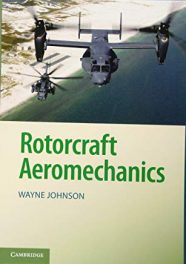 Author: William Krist
Author: William Krist
Publisher: Johns Hopkins University Press – 283 pages
Book Review by: Paiso Jamakar
If you study the history of economic growth of countries large and small, you will find that trade was an important, if not essential, factor in their growth. Without the manufacture and sales of goods overseas, and the purchase of other goods that a country does not have or cannot produce, a country’s economic advancement is limited.
As an example, if the countries in the Middle East had not been selling their oil, of which they have plenty, they would not have progressed to the vast degree that they have, in the last several decades. In turn, they have purchased other goods, such as steel, cement and other construction materials, which have enabled them to erect skyscrapers, which in turn have helped them foster commerce and tourism there.
With trade, as in all other endeavors among humans, there is bound to be conflict. That is where trade agreements come in: to reduce such conflict and ensure clear understanding of expectations and ensure mutually-desirable outcomes.
Clearly-written and enforceable trade agreements enable people to exchange goods at mutually-agreed prices (or price range), of the right quality, and with the right amount of volume and frequency that is beneficial to the buyer and the seller. Trade agreements prevent for example, dumping of goods at low prices that can, and have, severely affected commerce and employment.
One of the biggest causes of growing unemployment in the United States has been its trade deficits with other countries, particularly with China. In the 25 years or so from 1985 until 2011,
America’s exports of goods to China grew in each year, but its imports of Chinese goods were far larger in dollar volume, creating for the U.S. a trade deficit with China in 2011 of about $300 billion, as shown here: http://www.census.gov/foreign-trade/balance/c5700.html)#sthash.RZQRIWTP.dpuf
A January 13, 2012 article in Stockopedia.com describes how growing U.S. trade deficit with China has helped increase employment in China (that has done exactly the reverse for the U.S.): “China has spent the last twenty years building: markets for its factories, jobs and wealth. Its factories have given hundreds of millions of Chinese citizens employment, and in doing so released them from the romantic honors of Mao’s socialist rural grind. Accessing foreign markets and acquiring foreign exchange has internally transformed China beyond all recognition. China’s prosperity has delivered it to an elevated global status and greatly increased its global power and influence.”
This book by William Krist takes a look at the United States’ complex trade agreements of the past 25 years and examines the issues in recent rounds of GATT and WTO negotiations and numerous free trade agreements. Krist points out how those trade deals have impacted the U.S. economy and the developing countries’ economies.
He alerts us to the fact that U.S. trade policy is in big trouble; describes our trade agreements; and writes what needs to be done to change the course for a better economic outcome for us, in nine chapters:
- U.S. Trade Policy in Crisis
- America’s Trade Agreements
- Trade Agreements and Economic Theory
- Trade Agreements and U.S. Commercial Interests
- Foreign Policy: The Other Driver
- Economic Development: A Missed Opportunity
- Uneasy Neighbors: Trade and the Environment
- The Labor Dilemma
- The Way Forward
The author points out that over the years, the tariffs for goods coming into the U.S. have been lowered considerably in order to enable greater trade with other countries. But that could be one reason for the growing U.S. trade imbalance with not only China but with other countries as well, that has led to higher unemployment in America
One of the objectives of this book is “…setting out ideas on how trade liberalization can be reconceived in a way that benefits the U.S. economy broadly, as well as the economies of its trade partners…”
William Krist is a senior policy scholar at the Woodrow Wilson International Center for Scholars. During his career he was an Assistant U.S. Trade Representative, a legislative assistant for both a congressman and a senator, and an advocate for the high-tech industry.







